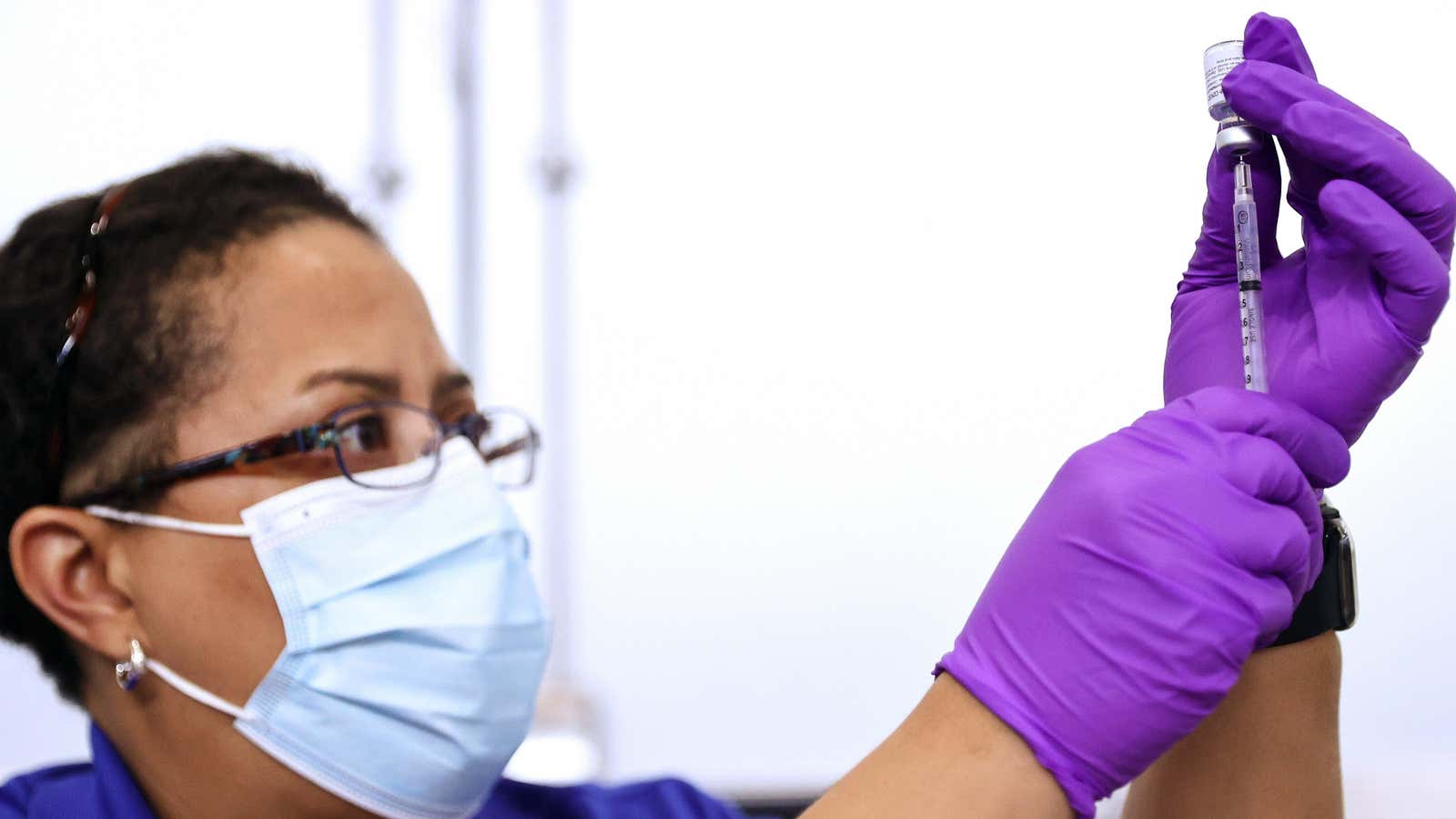After All, Do We Need a COVID Vaccine?

While the CDC and the FDA recently said there was no evidence that most people would need a booster vaccine against COVID-19 , a panel of experts from the US Department of Health and Human Services released a statement in which they “concluded that it would take revaccination. to maximize protection against the vaccine and extend its life. “
The announcement is credited to a group of officials, including the head of the Centers for Disease Control and Prevention (CDC), the head of the Food and Drug Administration (FDA), and the director of the National Institute of Allergy and Infectious Diseases (NIAID), Dr. Anthony Fauci.
The plan, they write, is that third doses of mRNA vaccine (Moderna and Pfizer) will be recommended eight months after the second dose. They will also not be available until September 20, which means that the people who will be eligible for the September booster are those who were first vaccinated in December 2020 – mainly healthcare professionals and people living in long-term care facilities. care such as nursing homes. …
The plan for booster shots has yet to be confirmed.
However, the statement only speaks of intention . For booster doses to be officially recommended, two things must happen:
- The FDA is to “independently evaluate and determine the safety and efficacy of the third dose of mRNA from the Pfizer and Moderna vaccines.”
- ACIP, the CDC’s vaccine advisory committee, will be required to issue “booster dose recommendations based on rigorous data analysis.”
This means that the plan is still very preliminary; The last time ACIP looked at the evidence, they didn’t find that boosters made sense for most Americans. (They did recommend an additional dose for immunocompromised people , which should be given four weeks after the second dose.) They may well decide the same thing when they look at the data again.
Public health experts are also skeptical that boosters are a good vaccine use for Americans when so many people around the world haven’t even received their initial doses. The World Health Organization released a statement last week saying, in part, it says:
In the context of continuing global constraints on vaccine supply, the introduction of booster doses will exacerbate inequalities, increasing demand and consuming a scarce supply, while priority populations in some countries or at the subnational level have not yet received the primary vaccination series. … To date, the evidence remains limited and inconclusive regarding any widespread need for booster doses after the primary vaccination series.
Therefore, despite the announcement of the boosters, it is unclear if they will actually be available on the promised date. Evidence may not support boosters, and the agencies involved may decide that offering boosters is not the best move they can take. But they announced their intention, so we can only wait and see.